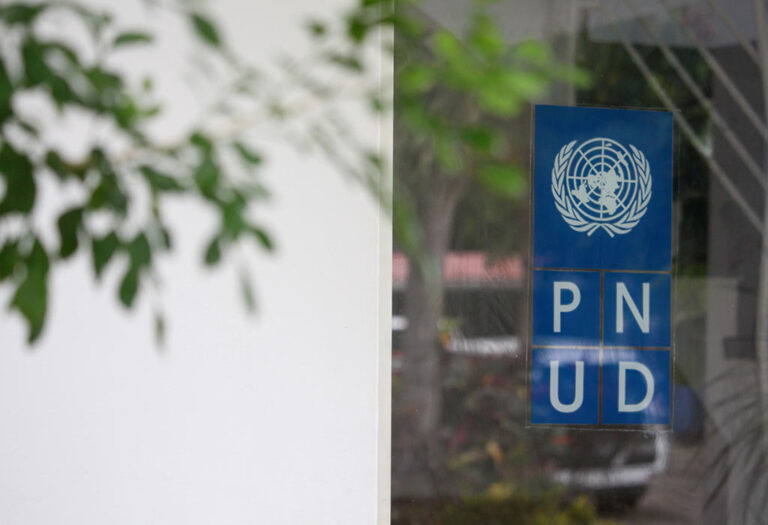The UNDP said the jump meant over 20% of the world´s population (about 1.65 billion people) were now living on less than $3.65 and struggling to put food on table.
While some States have invested in social safety networks in the last three years and protected their vulnerable citizens, those with significant levels of payment commitments have failed to do so.
Debt payment makes it increasingly difficult for nations to support their populations with investments in health, education and social protection, UNDP Administrator Achim Steiner said in a statement.
“What this means is a government that can no longer pay its teachers; a government that can no longer employ doctors and nurses in hospitals, that cannot provide the medicines for rural health centers,” he told journalists.
The surge in poverty is alarming. The debt burden is unsustainable, especially for low-income countries, he said.
Steiner said the UNDP was calling for a “Debt-Poverty Pause” so that those countries facing the most acute problems can focus their resources on critical social expenditure.
The UNDP estimates 25 low-income countries spent over 20% of their revenues on debt servicing last year. It was highest number crossing that threshold since 2000 and could rise further if global interest rates continue to rise.
UNDP’s request comes just days before the G-20 finance ministers meet in India to discuss the struggle against poverty, reform of key multilateral institutions and the international debt architecture.
pll/lam/tdd










